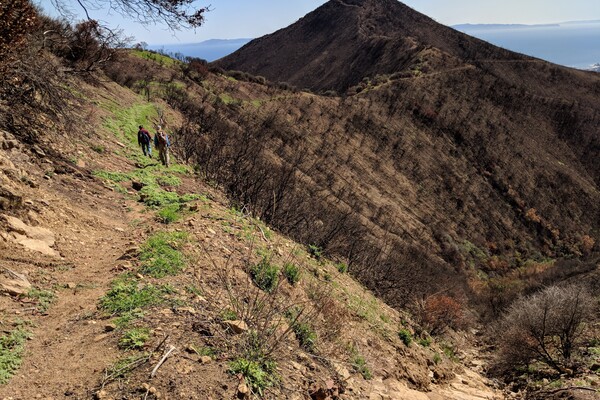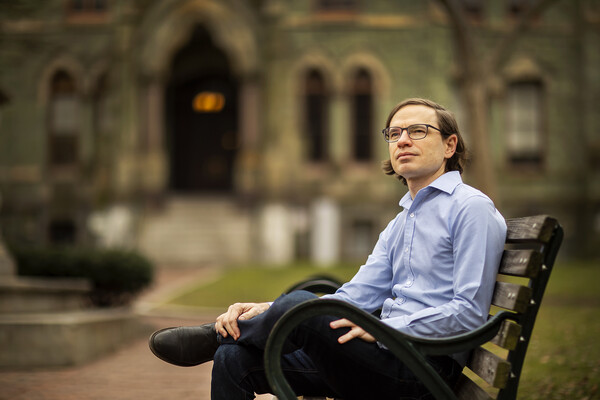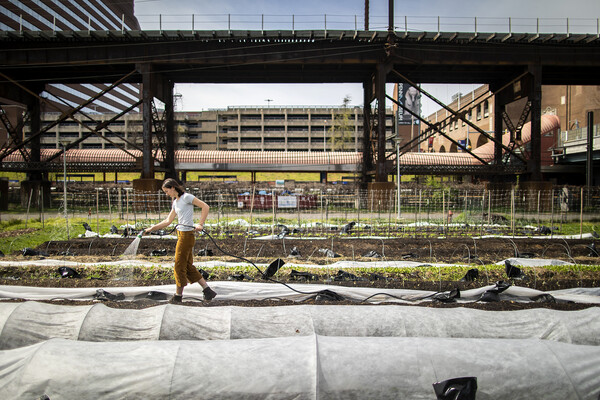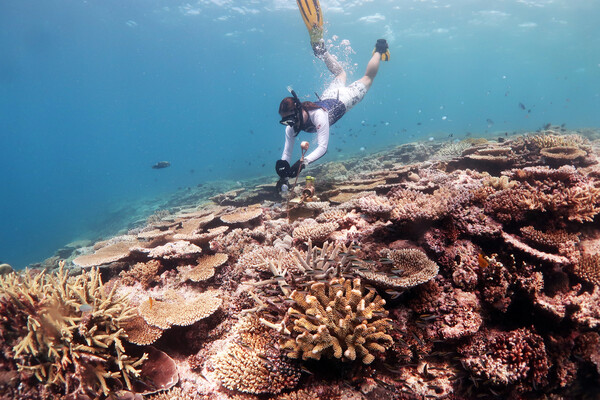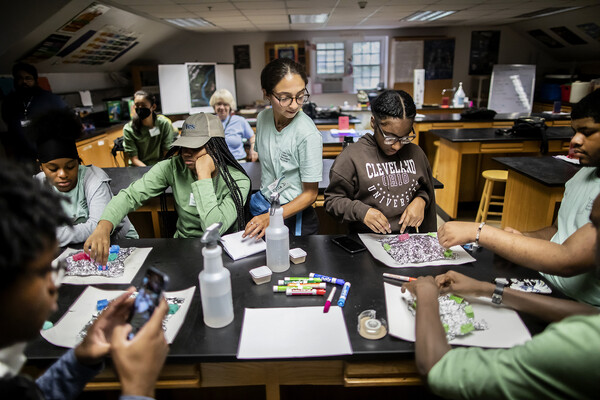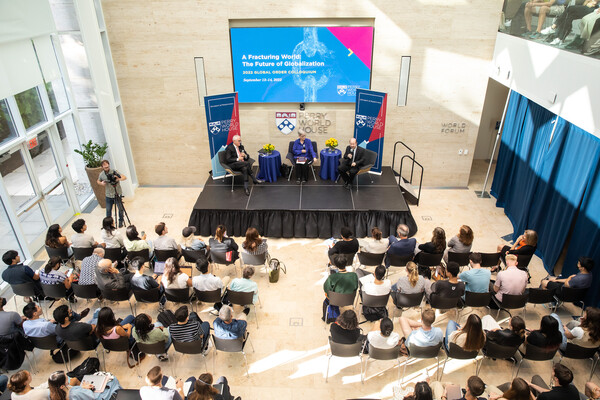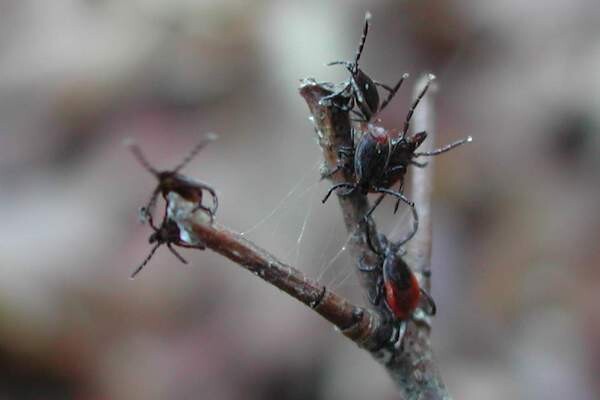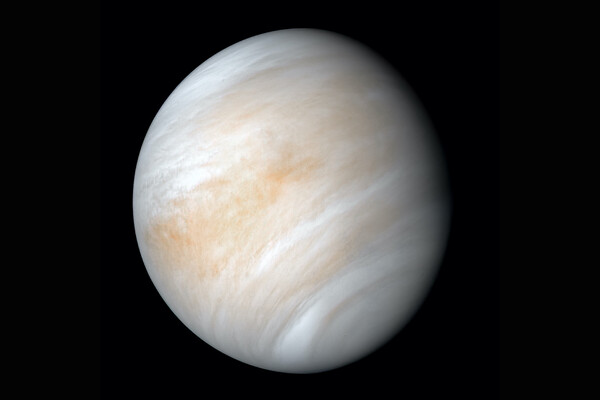4/16
Earth and Environmental Science
Where does charcoal come from—and is it sustainable?
Charcoal energizes everything from backyard barbecues to industrial metallurgy, but its environmental impact is worse than once thought. Research from the School of Arts & Sciences finds that policy changes could make charcoal more sustainable.
Physics of disaster: How mudslides move
Researchers led by Douglas Jerolmack and Paulo Arratia used samples from the deadly 2018 Montecito mudslides to understand the complex forces at work in these disasters.
A modern history of ancient trees, through the lens of climate change
Historian Jared Farmer discusses his new book, “Elderflora,” looking at why humans have no trouble looking at the ancient past but can’t seem to envision the deep future, and what trees can teach us.
A week of building climate knowledge, awareness, and action
With nearly 30 events planned for Oct. 10-14, Penn’s Climate Week invites the Penn community to “find your place in the climate movement.”
Environment influences coral’s resilience to acidification
Ocean acidification is an effect of climate change that threatens the health of coral. A new study examines how coral samples from the Great Barrier Reef fare in acidic conditions.
Bolstering environmental education in Cobbs Creek
Through a Projects for Progress award and other University support, students in West Philadelphia are gaining greater access to STEM learning resources at the Cobbs Creek Community Environmental Center.
The future of globalization in a fracturing world
Perry World House’s 2022 Global Order Colloquium hosted experts from government, the media, and across the University to tackle the topic of the state of globalization
Landscape and climate factors can predict prevalence of Lyme disease bacteria
Environmental models, developed by biologist Dustin Brisson of the School of Arts & Sciences, former graduate student Tam Tran, and colleagues, could help forecast disease hotspots.
Understanding the Inflation Reduction Act
Penn experts explain the climate, health care, and economic aspects of the legislation that President Biden signed into law this week, plus the politics of getting it passed.
New analysis shows how sulfur clouds can form in Venus’ atmosphere
An international research team, including atmospheric chemists from the School of Arts & Sciences, used computational chemistry methods to identify a novel pathway for how sulfur particles can arise high in the atmosphere of the second planet from the sun.
In the News
Here’s why experts don’t think cloud seeding played a role in Dubai’s downpour
Michael Mann of the School of Arts & Sciences says that many people blaming cloud seeding for Dubai storms are climate change deniers trying to divert attention from what’s really happening.
FULL STORY →
“Record-shattering” heat wave in Antarctica — yep, climate change is the culprit
Michael Mann of the School of Arts & Sciences says that persistent summer weather extremes like heat waves are becoming more common as people continue to warm the planet with carbon pollution.
FULL STORY →
Scientists struggle to explain ‘really weird’ spike in world temperatures
Michael Mann of the School of Arts & Sciences says that tendencies to exaggerate climate science in favor of “doomist” narratives helps no one except the fossil fuel industry.
FULL STORY →
Spring is here very early. That’s not good
Michael Mann of the School of Arts & Sciences says that plant-flowering, tree-leafing, and egg-hatching are all markers associated with spring that are happening sooner.
FULL STORY →
We don’t have time for climate misinformation
In a co-written Op-Ed, Michael Mann of the School of Arts & Sciences says that meaningful decarbonization in the U.S. is in jeopardy of being blocked or slowed if a significant portion of the electorate does not accept the basic scientific facts and implications of climate change.
FULL STORY →
A famous climate scientist is in court, with big stakes for attacks on science
Michael Mann of the School of Arts & Sciences is suing a right-wing author and a policy analyst for defamation against the “hockey stick” climate change graph.
FULL STORY →




